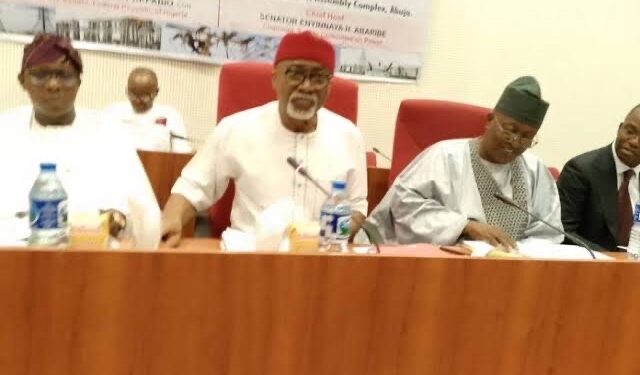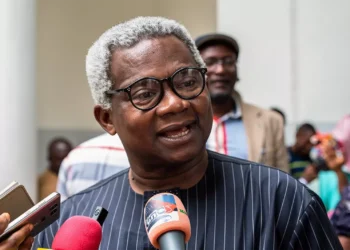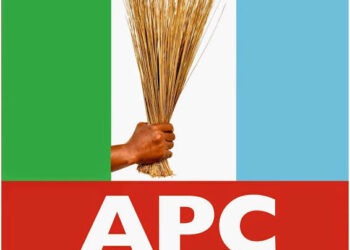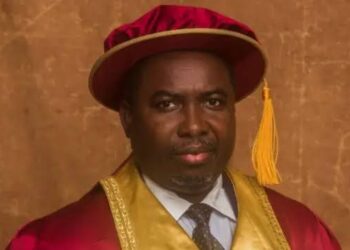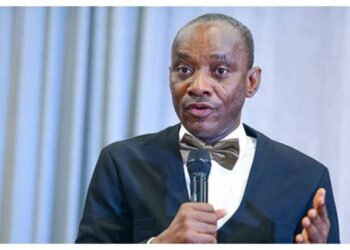The Senate, on the previous day, suspended the consideration of a report by the Committee on Power, which proposed the cessation of the current implementation of the new electricity tariff increase.
This decision was supported by the Deputy Senate President, Barau Jibrin, who was presiding over the session, following a request by Titus Zam (APC, Benue North West), urging the Senate to halt discussions on the report due to a pending case in a federal high court in Kano.
Senator Jimoh Ibrahim from Ondo South also backed Zam’s observation.
Two weeks ago, the Senate Committee on Power, led by Eyinnaya Ababribe (APGA, Abia Central), conducted an investigative hearing on the surge in electricity tariffs.
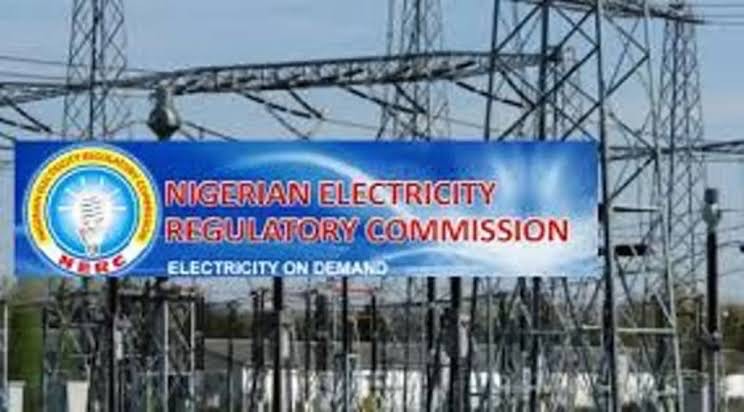
The meeting was attended by the Minister of Power, Adebayo Adelabu, executives of Electricity Distribution Companies (DISCOs), the chairman and members of the National Electricity Regulatory Commission (NERC), and other relevant stakeholders.
Presenting the committee’s detailed 44-page report, Ababribe informed the Senate that after thorough discussions with various stakeholders, the committee decided to instruct the NERC to postpone the tariff increase until further notice.
The report indicated that “NERC suspends the ongoing implementation of MYTO, 2024, which sanctioned a more than 200 percent increase in the previous tariffs from N68/kWh to N225/kWh to allow for extensive consultations with customers on the diverse service costs, rather than relying heavily on feeder location and duration of service, which are challenging to ascertain and oversee.”
The report further proposed that “NERC should ensure complete adherence to the compulsory stakeholder consultation requirement under Section 48 of the Electricity Act, 2023, for future regulatory determinations to prevent a recurrence of the confusion and public backlash that followed the recent tariff raise.”
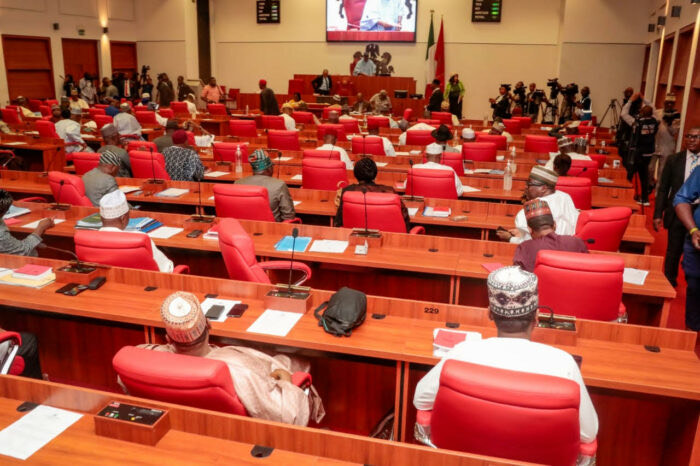
Additionally, the committee recommended that the Ministry of Power and NERC implement measures to tackle the issue of power scarcity comprehensively instead of focusing solely on price manipulation, which has proven to be ineffective.
“Moreover, rather than increasing electricity tariffs, the NERC should hold the DISCOs accountable for Key Performance Indicators (KPIs), including failing to meet CAPEX and OPEX allocations, customer metering obligations under the Electricity Act, 2023, essential customer service responsibilities, such as customer education, providing energy credits for customers who invested in transformers, meters, and other assets on the DISCO networks,” as stated in the report.
Ababribe’s report garnered support from all speaking senators, who expressed their dissatisfaction with the proposed tariff hike.
Senate Minority Leader, Abba Moro, criticized the increase as fraudulent, citing that it did not align with the power supplied by the DISCOs.
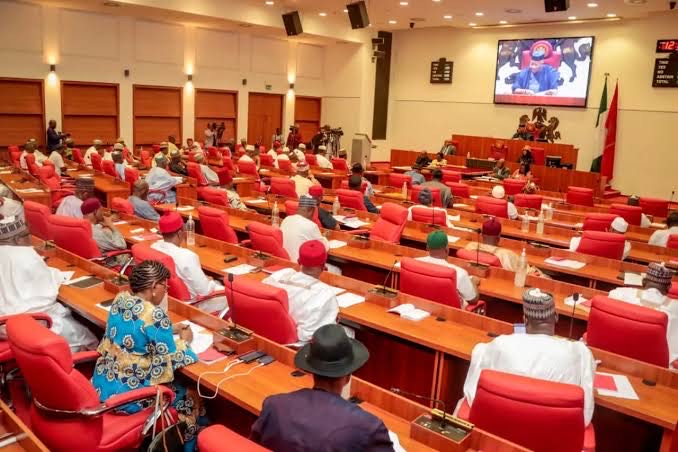
Moro, representing Benue South, remarked: “We appreciate the President for the metering initiative, but the price increase does not match the electricity supply. There are frequent power outages, even up to 10 times in one hour. We provide transformers for our communities, yet the DISCOs fail to install them, and when they do, they demand payment. I believe we should collectively endorse the committee’s recommendations, as they reflect the desires of Nigerians.”
Moro called for severe penalties on the distribution companies for their failure to deliver.
In his statement, Adamu Aliero criticized NERC for making decisions without proper consideration and disregarding the law.
The lawmaker from Kebbi Central stated: “This increase was implemented without legal provisions. The customers were not represented, and there was no orientation. Nigerians are already grappling with currency exchange rate fluctuations and fuel price hikes, and now, we are facing another increase.
“This raise should be paused in the national interest. Members of the Manufacturers Association of Nigeria (MAN) reported shutting down their factories due to the inability to pay this tariff. A nation cannot progress without significant production, and significant production necessitates power.”
Following Zam’s concern, Jibrin informed the senators that he could not overlook their perspective. Consequently, Jibrin ruled that the report be deferred for further consultation.
From: Nwakaji Peace Martins


